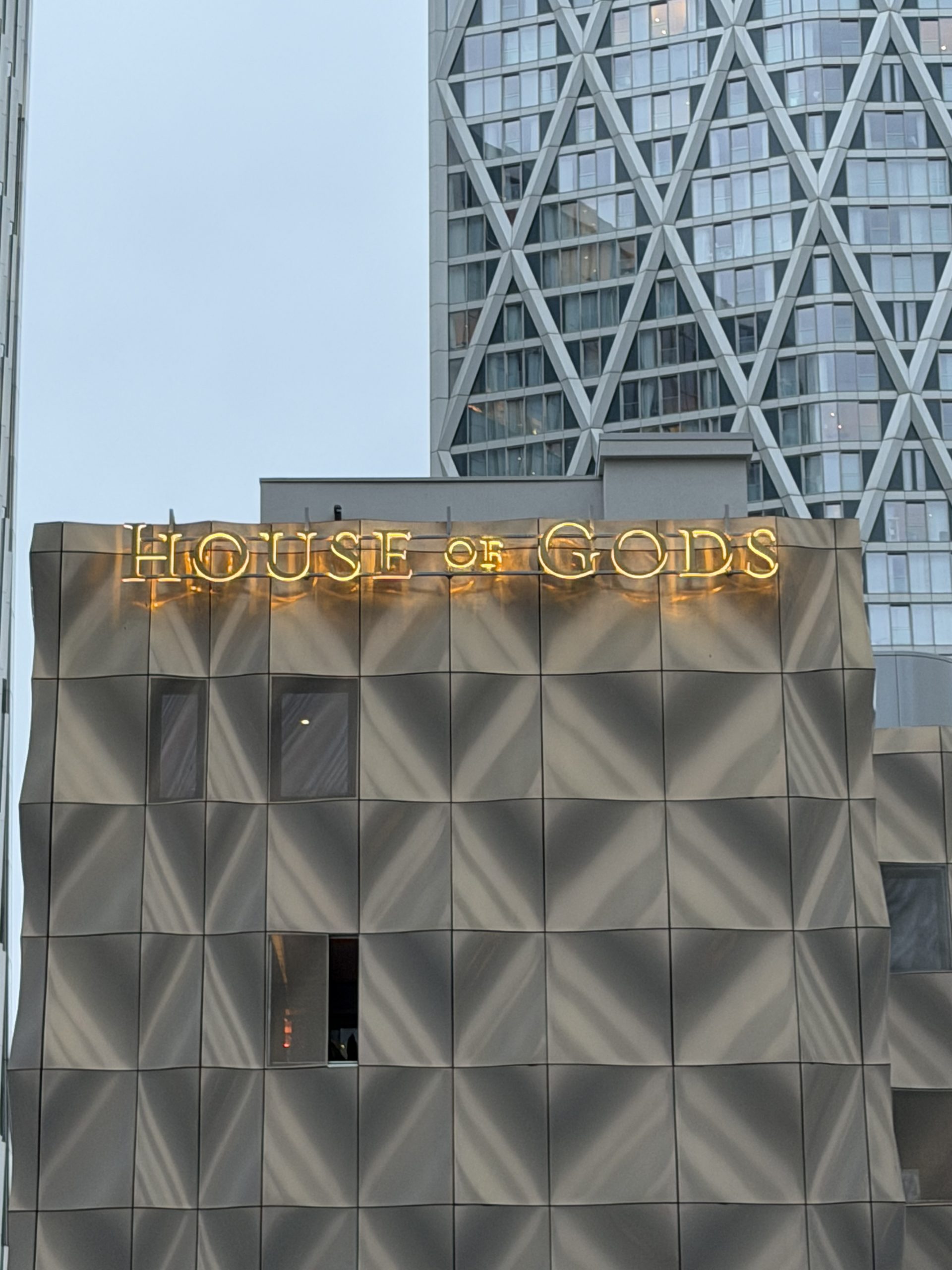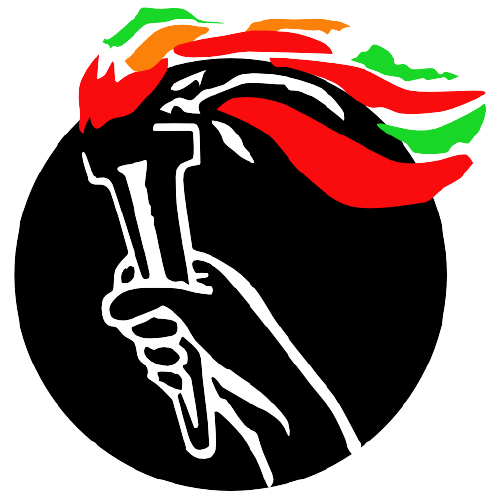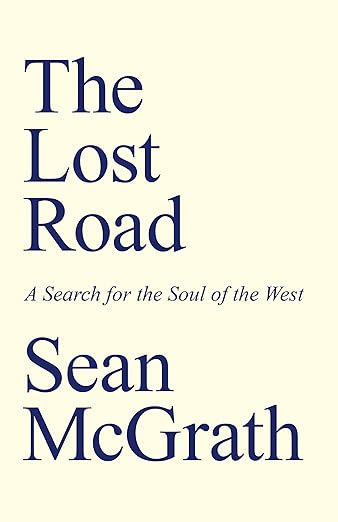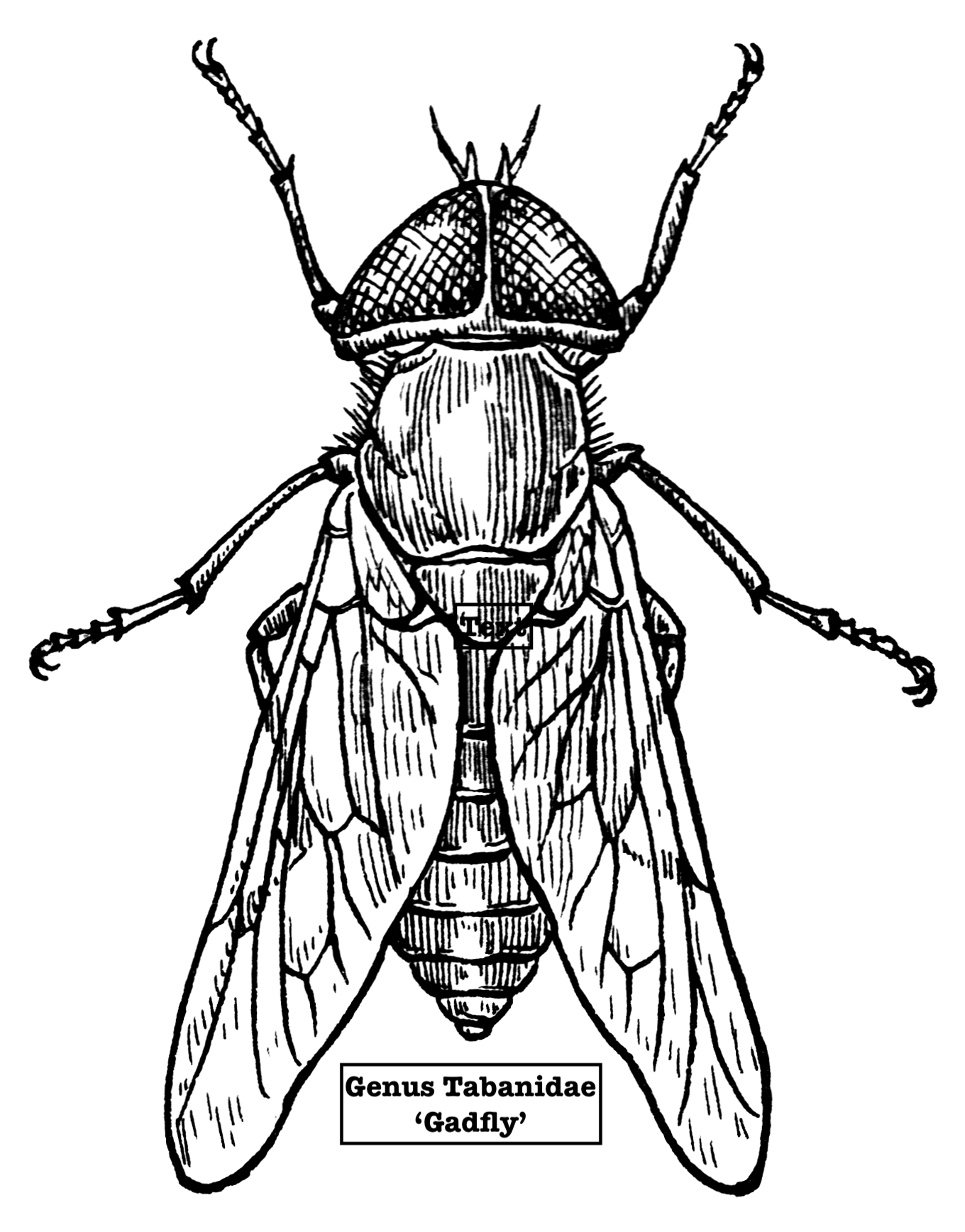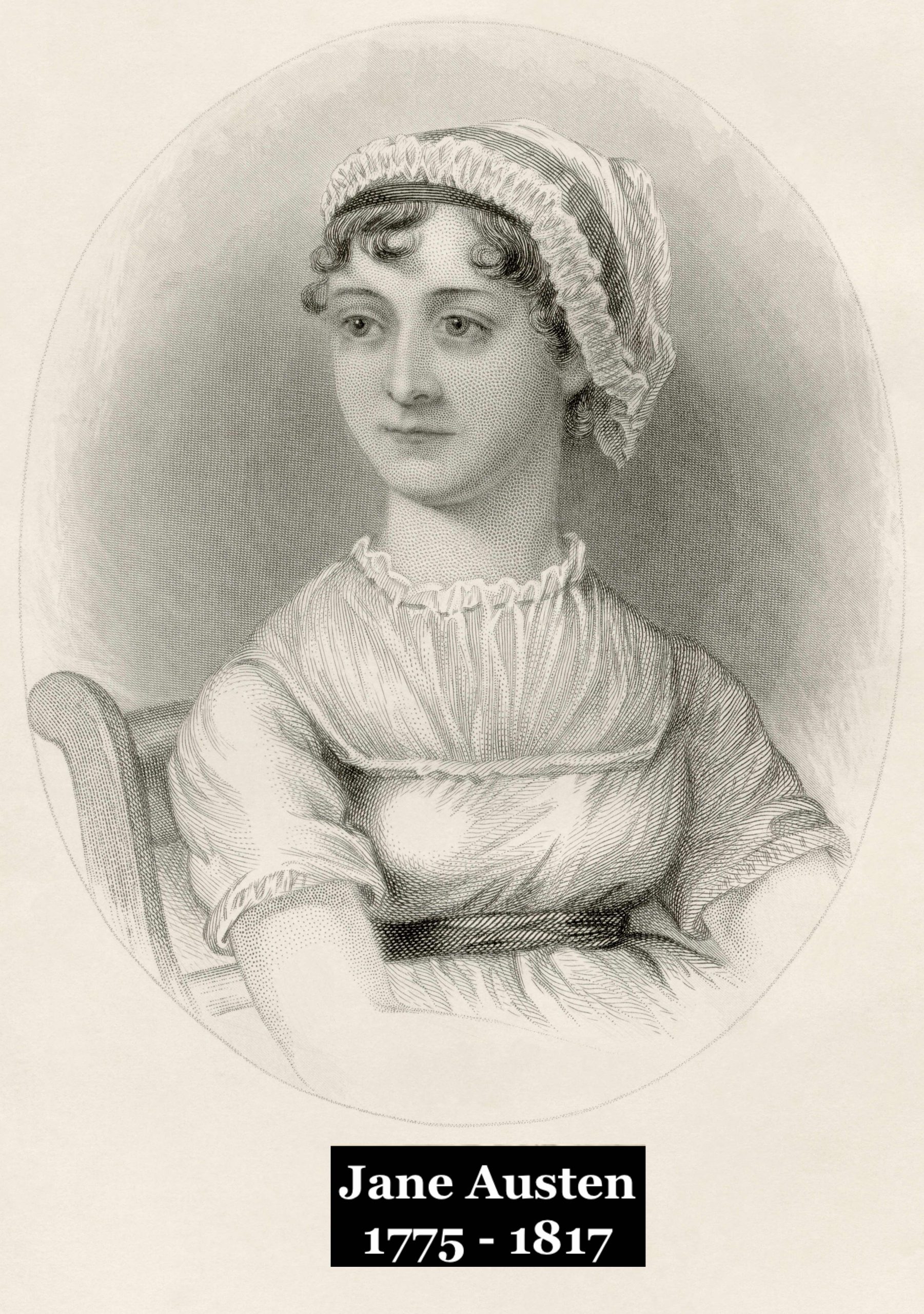Index & Papers
This Index provides access to a library of papers related to the general theme of ‘Anglicanism’. Covering a wide range of subjects associated with an understanding of Anglicanism, the papers are available gratis for research purposes.
Standard academic practice quotation of small sections may be used freely with acknowledgement of the author, title and website www.anglicanism.org Permission must be sought from authors, through the Editor of this site, for full reproduction of papers.
Prospective new papers may also be submitted (in Word format and with JPG pictures as necessary) to the Editor for review and approval prior to publication. Papers are published gratis and remain copyright of authors.
Recent Additions:
A new Archbishop and a new agenda?
In his Editorial for the beginning of Lent, the Editor, The Rev'd Dr. Nicholas Henderson writes: So, thus far the new Archbishop of Canterbury has been through three of the four stages of appointment. ... Sarah Mullaly is therefore already legally Archbishop of Canterbury despite not yet having been enthroned. Thus, there is no longer any hiding of views and/or direction of leadership. ... CLICK ON PICTURE TO CONTINUE
Hate or Love
The Rt. Rev’d. Dr. Musonda Trevor Selwyn Mwamba, President of the United National Independence Party (UNIP), Zambia in a message to his fellow Zambian writes: Let me introduce you to Václav Havel’s speech, the Anatomy of Hate, delivered in Oslo in 1990 and published in his book, “The Art of the Impossible”, as Zambia finds herself drawn into a downward spiral of hate. ... His insightful speech resonates today with Zambia ... CLICK ON IMAGE TO CONTINUE
THE LOST ROAD A Search for the Soul of the West – Sean McGrath
Hugh Valentine reviews Sean McGrath's 'The Lost Road - a Search for the Soul of the West" - he writes: Sean McGrath’s position is that the Christian West has lost familiarity with the mystical and contemplative sinews it once knew. The cost of this is a loss of depth, a depth that bestows resilience in the face of life’s exhausting and dehumanising demands. This loss, he claims, is in major part the cause of the consumerist malady that is now global. He says that it is the Christian West that has inadvertently brought that about. ... CLICK ON PICTURE TO CONTINUE
GADFLY Paul Oestreicher reflects on being a gadfly
The Rev'd Canon Paul Oestreicher reflects on being a 'gadfly' ... In 1984 my election as Bishop of Wellington in New Zealand made the English newspapers. A day or two later a postcard arrived from Francis House, whom I’d never met. It simply said “Don’t go. You are the gadfly our Church cannot do without.” I was puzzled. Who was this Francis and what is a gadfly? A gadfly, I soon learned, was a troublemaker who, more popularly, puts a cat among the pigeons ... CLICK ON PICTURE TO CONTINUE
Loving the prophet… or maybe not? Mark Rudall explores how pastoral concern for a congregation may actually silence a prophetic voice
Loving the prophet… or maybe not? The Rev'd Mark Rudall reflects ... The Church of England has received many refugees from other traditions and I became an Anglican at the end of the 20th century when the idea of Christian life as an ongoing journey of discovery, truly a pilgrimage, took ever deeper root. Unable to espouse the ‘saved, and that’s it’ static condition so often portrayed by traditional evangelicalism, there was also an awareness after 23 years in non-conformist ministry of being in a scene that was teetering towards an unappealing and dangerous conservatism. ... CLICK ON PICTURE TO VIEW FULL ARTICLE
Editorial: A truth universally acknowledged … too many dictators
The Editor - The Rev'd Dr. Nicholas Henderson writes in his Advent Editorial - To plagiarise Jane Austen’s opening remark in her Pride & Prejudice: “It is a truth universally acknowledged …”. It is then a fact, reluctantly acknowledged by the Church, that the Christmas Season nowadays starts somewhere around the Feast of the Transfiguration 6th August and is over just after Christmas dinner....However, near universal popular sentiment does not necessarily equate to any outcome that might reflect the views of the people. CLICK ON PICTURE TO CONTINUE ...

